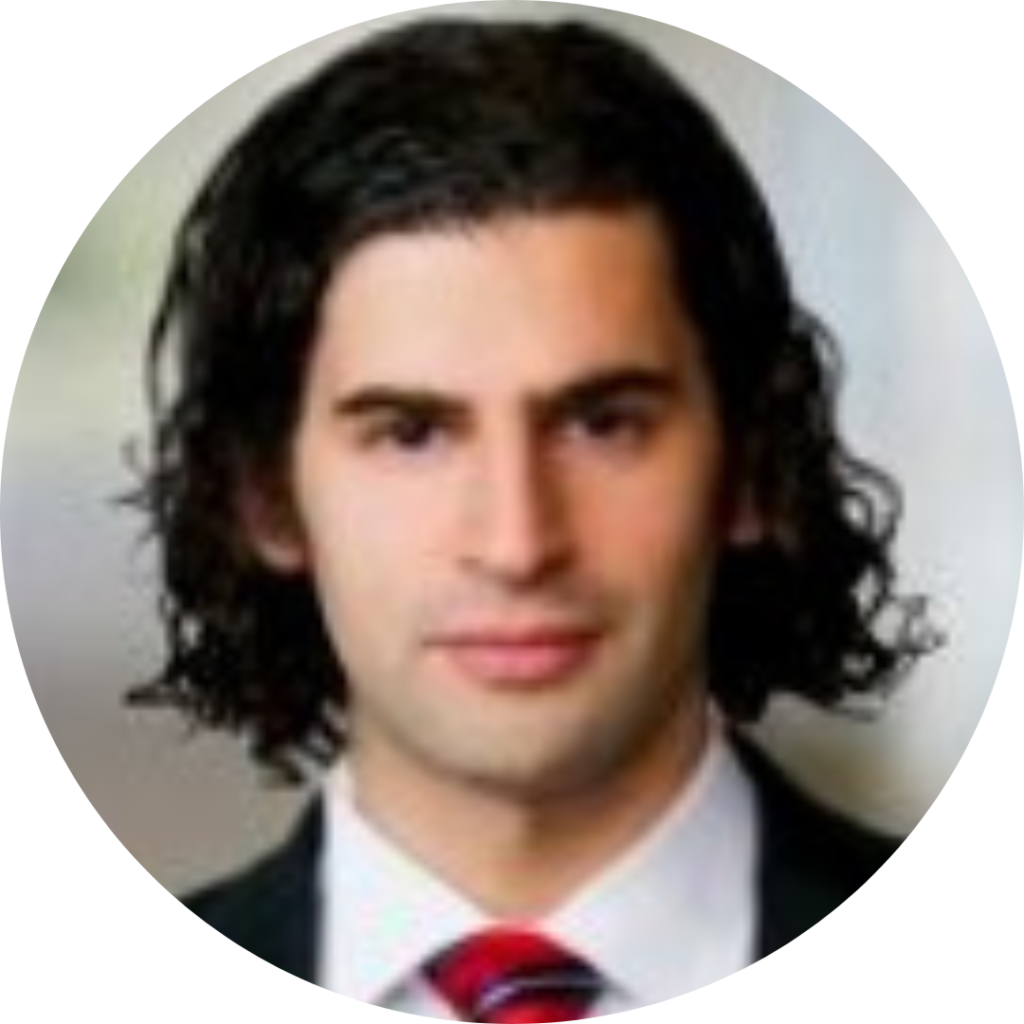- Psychedelics and Attachment: Fundamentals, Implications, and New Frontiers - May 16, 2025
- Development Outreach Internship (OPEN) - May 6, 2025
- Social Media and Content Production Internship (OPEN) - May 6, 2025
Wednesday, December 20th, 2023 from 12-1:30pm PST
Register for this event here.
Chacruna Institute recently filed an amicus brief defending the rights of psychedelic churches under the Religious Freedom Restoration Act (RFRA) and arguing that the IRS and DEA have illegally denied psychedelic churches’ RFRA rights and burdened their protected religious practices. The brief was filed in connection with a case involving a psychedelic church that uses ayahuasca in ceremony. In 2019, the church applied to the federal government for (1) IRS recognition of its 501(c)(3) status as a church, and (2) a DEA-granted exemption from the Controlled Substances Act (CSA) to use ayahuasca in ceremony. Despite the church’s identification of its rights pursuant to RFRA, the IRS denied the application, concluding that the church was “not a church” under the Internal Revenue Code and that its religious purpose was illegal because the DEA had not granted the church’s application for exemption from the CSA. Having been denied recognition of its 501(c)(3) church status, the church sued the IRS and the United States, claiming among other things that the IRS substantially burdened the church’s religious practices in violation of RFRA. The district court dismissed the church’s suit, and the church appealed–and it is alongside this appeal that the amicus brief was filed. In this unique community forum with the legal team from the amicus brief, Matt Zorn of Yetter Coleman, Rebecca Lee Whiting of Epigram Legal, and Allison Hoots of Hoots Law Practice, to learn about what was argued in the amicus brief in support of protected religious exercise rights, DEA and IRS issues, and how the Iowaska case may impact the broader religious use of psychedelic sacraments in the United States.

Allison Hoots is an attorney with Hoots Law Practice PLLC. She has had a diverse experience practicing law, including in the legal areas of employment, corporate, employee benefits, tax, and intellectual property and advising churches’ on operation and limiting liability in their religious use of sacraments. She is a member of Chacruna’s Council for the Protection of Sacred Plants and the lead author of Chacruna’s Guide to RFRA and Best Practices for Psychedelic Plant Medicine Churches. Allison is also President of Sacred Plant Alliance, Inc., a self-regulating organization and professional association of churches dedicated to ceremonial use of psychedelic sacraments within the United States. Since 2017, Allison is a founding member of the Board of Trustees and an officer for a nonprofit church that uses plant medicine in prayer.

Rebecca Lee Whiting is an attorney and the founder of Epigram Legal P.C., where she provides legal services and advice to early-stage startups, founders, nonprofits, and individual employees and executives in the tech and psychedelic sectors. At Epigram, Rebecca continues to serve as the General Counsel and Corporate Secretary of Journey Colab, a psychedelic biotech startup based in San Francisco, where she implemented the company’s industry-first Reciprocity Trust, a perpetual purpose trust that holds 10% of the company’s founding equity for the benefit of Indigenous communities, for the ecological and cultural preservation of natural psychedelics, and equitable access to mental health care. Rebecca also serves as fractional General Counsel, corporate secretary, and general corporate counsel to other tech startups and advises and serves as a member of the Board of Directors of multiple 501(c)(3) nonprofit organizations. Over the course of her career, Rebecca has represented and advised a variety of individuals, organizations, and state and local public entities in contract negotiations, legislative matters, and high-stakes impact litigation at all levels of the state and federal courts, including the United States Supreme Court. A graduate of Yale College and the UC Berkeley School of Law, Rebecca began her legal career as a federal law clerk on the United States Court of Appeals for the Ninth Circuit and the United States District Court for the Northern District of California. Rebecca lives in San Francisco, California and is proud to serve as a member of Chacruna’s Council for the Protection of Sacred Plants.

Matthew C. Zorn focuses on complex commercial litigation, representing clients in IP, contract, and regulatory litigation in federal and state trial and appellate courts. He has significant expertise in federal jurisdiction and procedure. Matt is at home digging out case-changing evidence, crafting legal strategies under arcane statutes and procedures, eliciting critical deposition or trial testimony, and arguing on his feet to trial courts, appellate courts, and arbitrators. Matt is also recognized as an authority on issues relating to the federal Controlled Substance Act and relating to cannabis regulation, even being named to the Law360 2020 Cannabis Editorial Advisory Board. Matt routinely speaks and publishes on issues relating to legal issues relating to controlled substances.
This talk will be recorded and immediately available for rewatch for all attendees.
Do you love Chacruna? Want free entry to events, access to our online member community and exclusive events, free merchandise, and much more! Become a member!
Scholarships Available – apply here.
Take a minute to browse our stock:
Did you enjoy reading this article?
Please support Chacruna's work by donating to us. We are an independent organization and we offer free education and advocacy for psychedelic plant medicines. We are a team of dedicated volunteers!
Can you help Chacruna advance cultural understanding around these substances?









